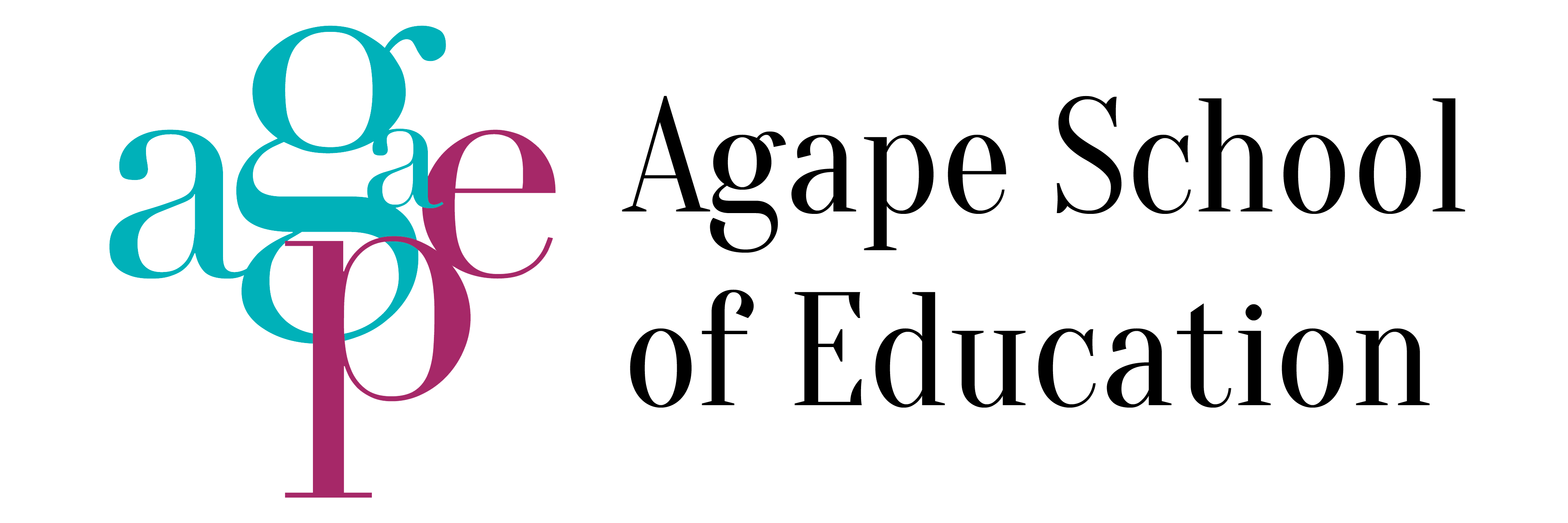Foreign language programs open the doors to using foreign languages to your benefit. At the Agape School of Education, we offer accredited language courses in:
Our courses can be tailored to MOELC students, students sitting for MOELC end of year exams or admission tests, corporates, adults, children, and even learners interested in pure conversational skills.
Don’t see your particular need? We offer fully customizable courses that focus on what you need to know! We even provide “Hybrid Language Classes” (HLC) where students are taught by a mix of local and internationally-located tutors, allowing them to immerse themselves in the language truly. You will find programs that offer you continuous hours of study, lessons, and discovery.
Let’s take a closer look at one of the most popular languages we offer at the Agape School of Education – French!
How to speak French
| English | French |
| My name is ______ | Mon nom est ______ Ma nom est ______ |
| Have a nice day | Ayez un beau jour |
You may find it difficult to pronounce the language initially, and mostly because you have to learn that particular speech in French is focused on dialogue.
How to understand French dialogues
If you were to say in French, “Robert meets his teacher,” relating in French, you would say “Bonjour, monsieur,” which is Robert. Instead of meeting with Robert’s teacher, the professor’s name is the French way to announce the meeting. Thus, Robert would say, “Le Professeur,” which means Granger in this case. Now, if Robert wants to comment, he would say in French, “Allez-Vous.”
French’s words change in many instances. It depends on which sentence or word you would use. For example, the sound that “a” applies in English would apply in French as “front a.”
How to produce sounds in French
Your mouth would need to be “slightly open” to produce this sound. You will need to draw the corner of your mouth backward and then taut so that the tips of your tongue are against the low area of the “front teeth.”
When using the French language and pronouncing “u,” you have to take a few measures to say what you mean. You would need to pucker your lips to pronounce correctly and then say ‘u’ as if you are whistling. The tip of your tongue should also be against the low area of your teeth at the front.
There are many more examples and exceptions like this in the French language, so it can be confusing for some students. This is natural! Stick with it and let your teacher guide you.
Foreign Language Training for French
French is a fun language to learn. The consonne or consonants change in the language, so you have to adjust your mouth to fit the French style. To help you relate to the details of learning French, we can help you understand a few specifics. If you intend to take one of our classes, we’ll cover this but having a head start is advantageous.
How to speak French fluently
Speaking French fluently is easy when you understand a few details. Some French words have the same ‘c’ sound when used in a sentence. For instance, the words: cinq, canal, compte, culture, avec, cruel, quatre have the same ‘c’ sound.
Take the word garçon (French for boy but also exists in English); you would apply the same type of sound when saying the words civil, class, statue, excursion, September. If you think you’re still not getting the nuances of the pronunciation, think about how you say celebrity (SUH-lebrity) and civil (SEE-vil).
Regardless, the syllables have to contain vowels. In French languages, the syllable usually starts with a consonant, although there are exceptions that begin with a vowel. When using a sole consonant amidst double vowels in the French language, the first vowel usually follows the second vowel.
French relies on accents in some instances. No, we aren’t talking about your pronunciation. Accents are the marks you see above or below a word, such as cẻlẻbre or garçon. Some words with these marks, or acute accents, can change meaning depending on the type of accent.
In other instances, however, 1’accent circumflexes or circumflex accents apply. Theatre, for example, in French, is pronounced théâtre.
Now let’s practice
We are going to pronounce a few words and divide them into French syllables. Take locomotive, for instance. To divide syllables, we would say locomotiva. Notice the ‘e’ is dropped, and an ‘a’ replaces it. Now say opera. The difference when saying ‘opera’ in French is the mark above the ‘o,’ ópera.
Now that you have a brief detail of how some of the French language steps work, you are off to a great start to finding courses or programs to help you learn how to speak fluent French languages. To get started, look for the deals in foreign language training and look for the special offers so that you can get the most out of your experience.
Au revoir, but before I say good-bye, we can look at some nouns in the French foreign language.
Learning French Nouns in Foreign Language Training
Learning French nouns in foreign language training is fun. Now you can learn foreign languages in a weekend! You will not know every word, but you will be able to put together a few sentences with confidence.
To get started learning French nouns, we are going to do a few exercises. Don’t feel disappointed if you do not get it off the bat. Take your time and try to relate to the words or sentences.
Getting going
Frenchmen use nouns in a way that they are gender categorized. In some instances, the nouns are male masculine, while in other cases, the nouns are feminine. Using ‘un’ in French words, for example, indicated masculinity. For example, “Un Professeur” means a male teacher. However, ‘une’ indicates the feminine gender, and usually, this is also signaled with an additional ‘e’ at the end. For instance, a window would be ‘une fenêtre”. In French, ‘une’ or ‘un’ are known as l’articles indéfini, or indefinite articles. In some instances, male and female nouns are the same. For example, “une ẻléve” is the same as “un ẻléve,” which means pupil.
How cognates apply in foreign language training
In many instances, cognates apply. That is, this area you want to look for when training to learn foreign languages, such as French. Cognate’s mean that in most instances, French and English words resemble each other in many cases. For example, November in French is pronounced Novembre, whereas September is Septembre. Only the ‘r’ is exchanged. In simple terms, mot apparentẻs or words apparent is something you want to familiarize yourself with since it will make French easier to learn.
The best way to learn French is to use the divide syllables instructions to break down the phrases easier.
When learning French, take your time to study a few patterns in the language. Study and understand how it applies to each phrase spoken, which in time you will learn to say complete sentences in French. If you are not interested in French, go online and check out some of the other languages that we offer. If you plan to visit a foreign country, take your time and study the culture so that you can speak their language effectively.




0 Comments